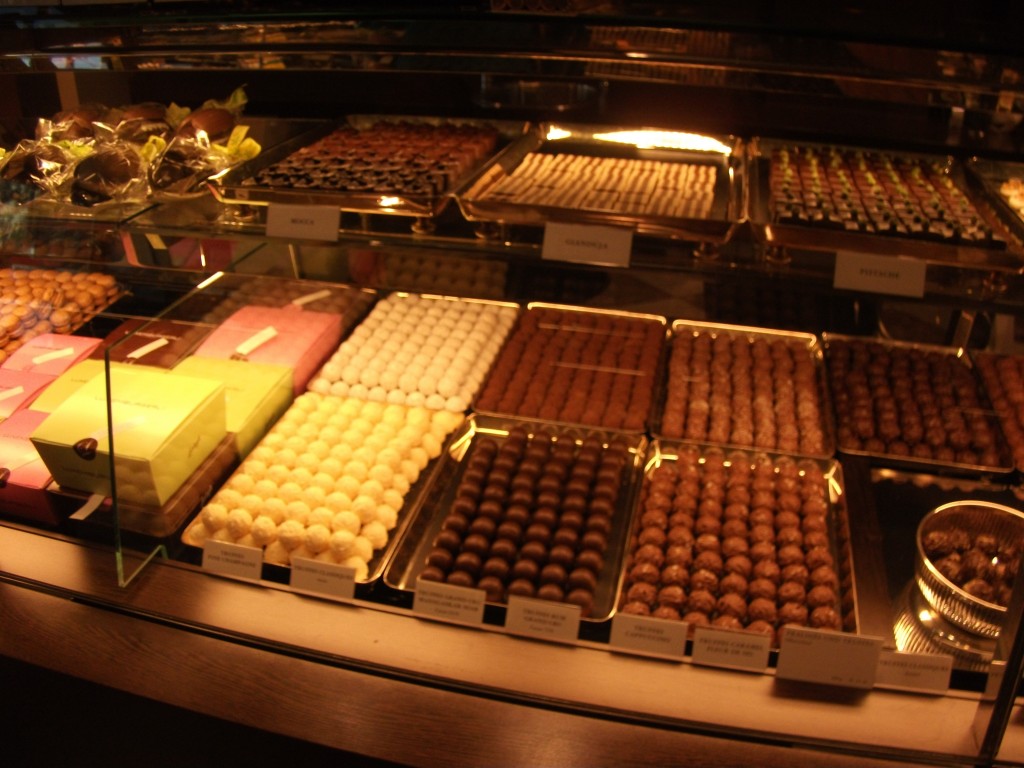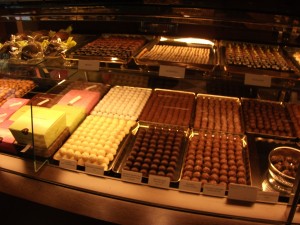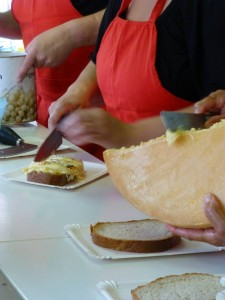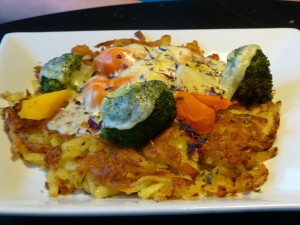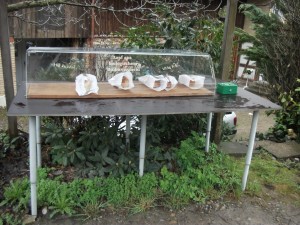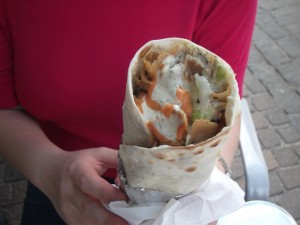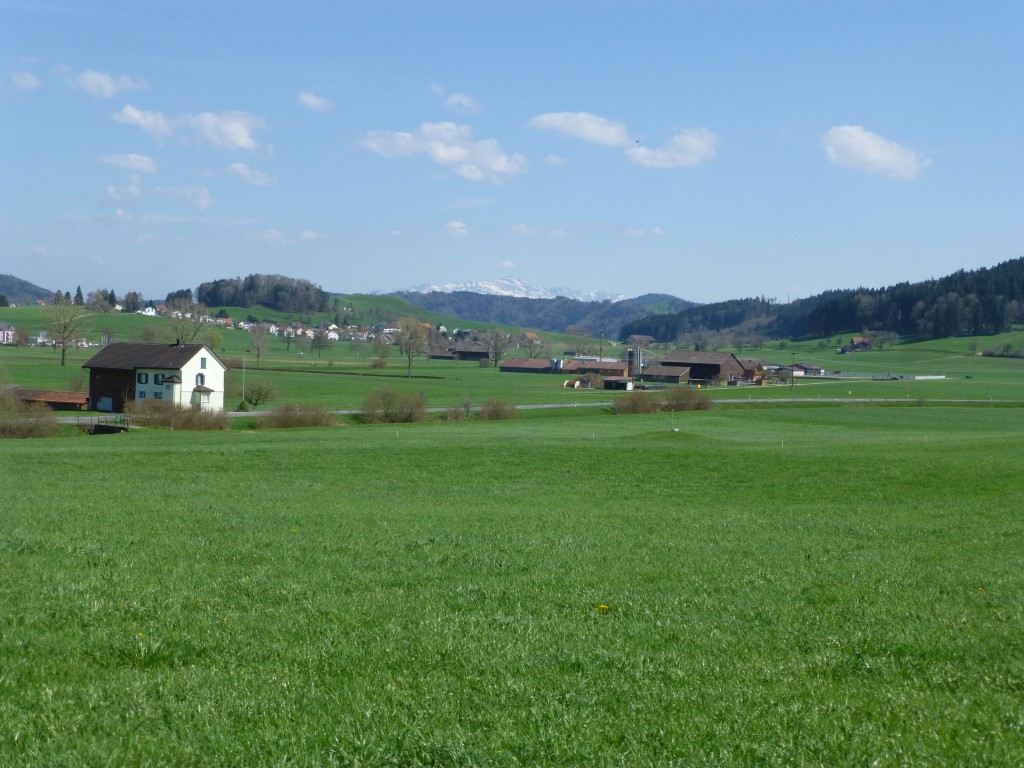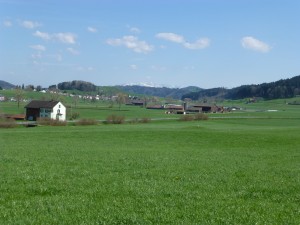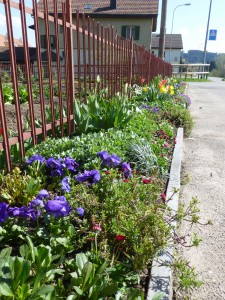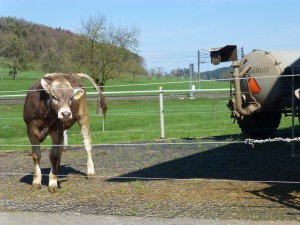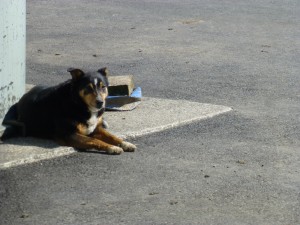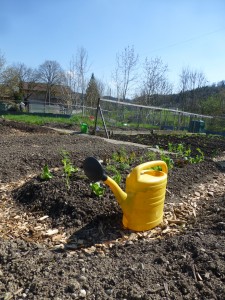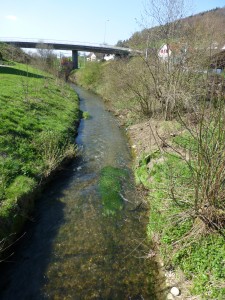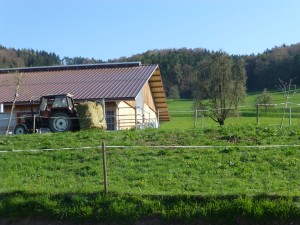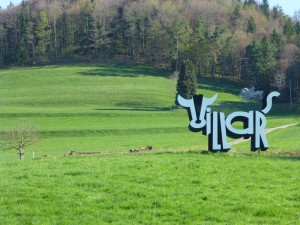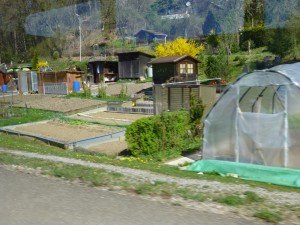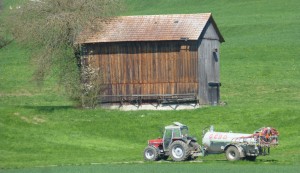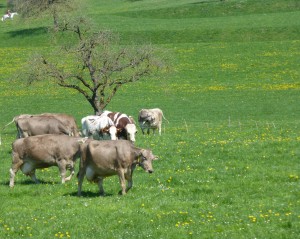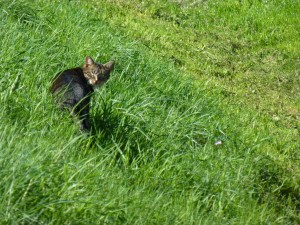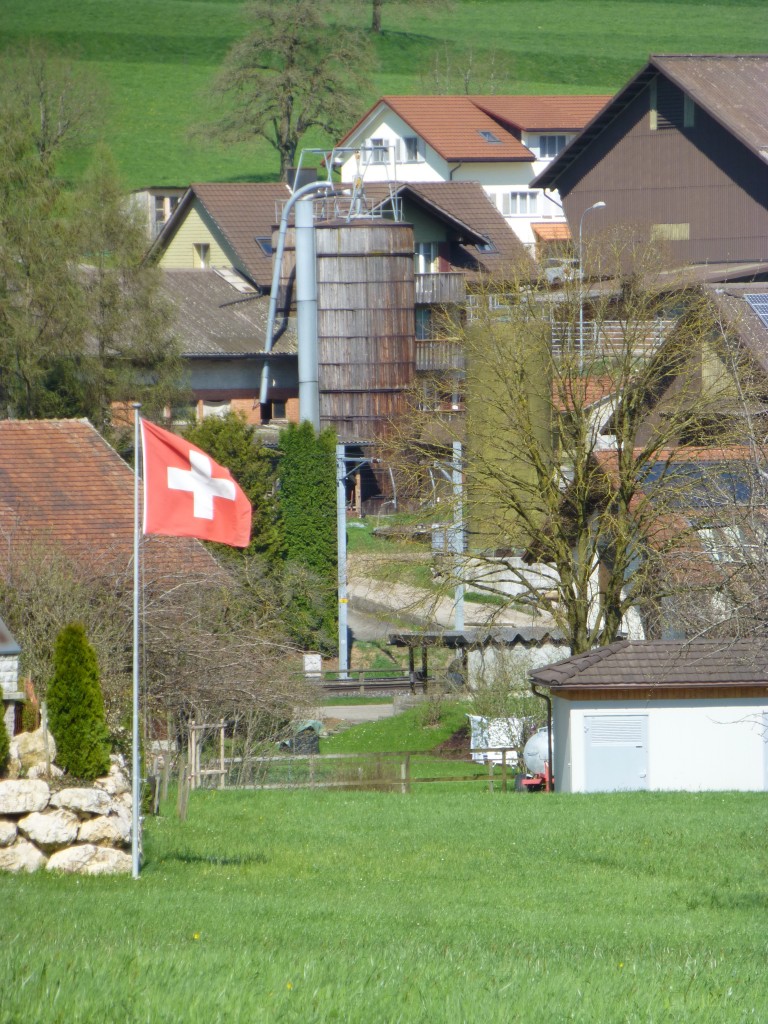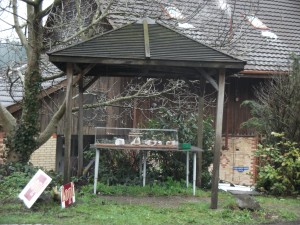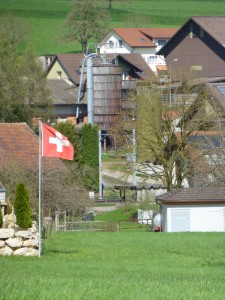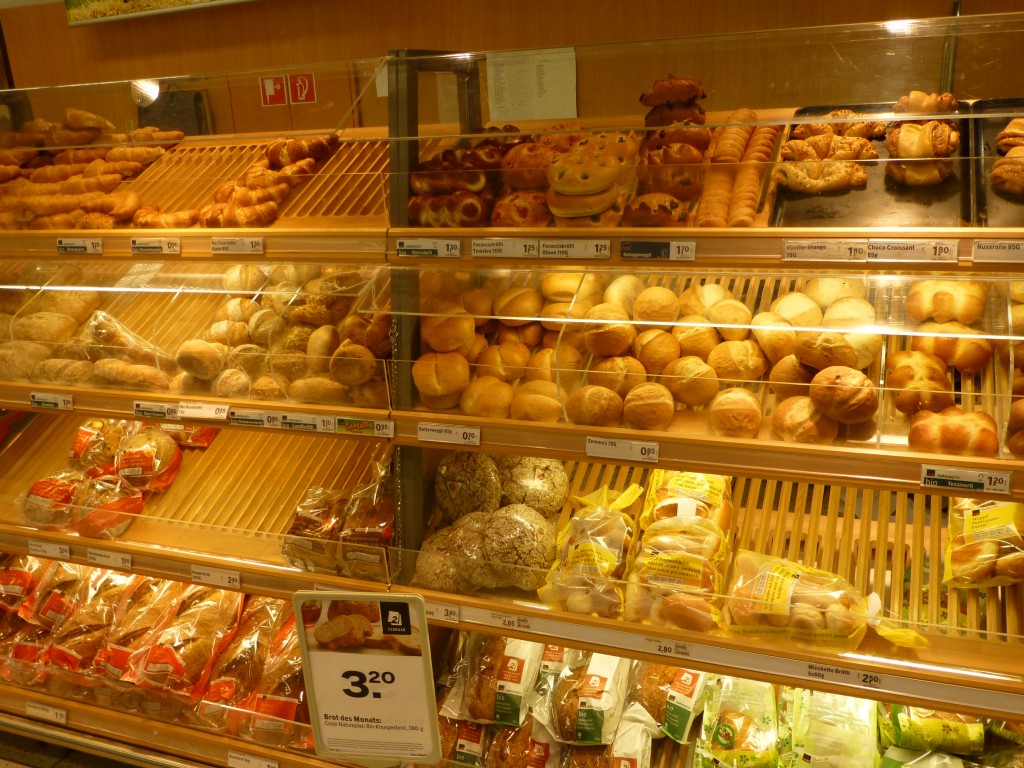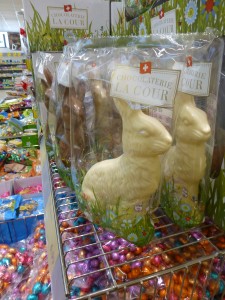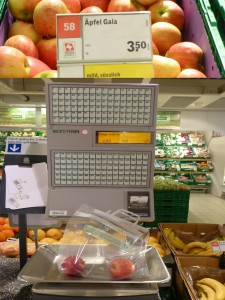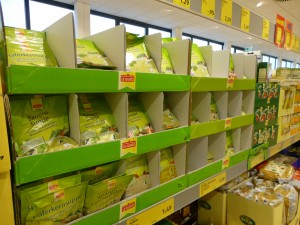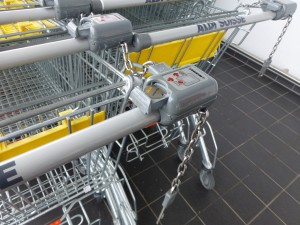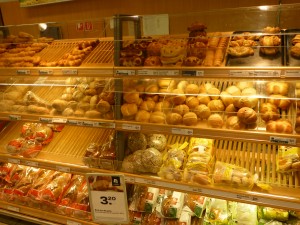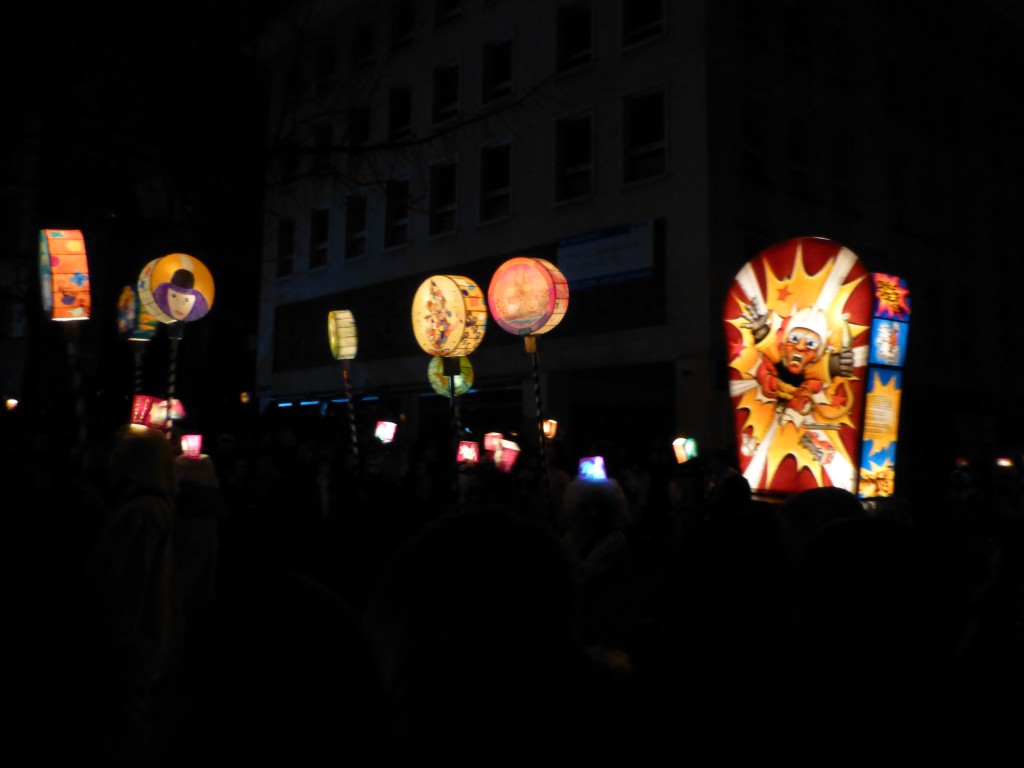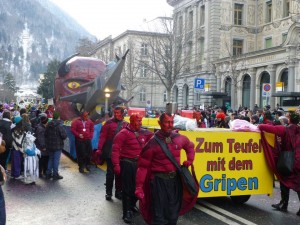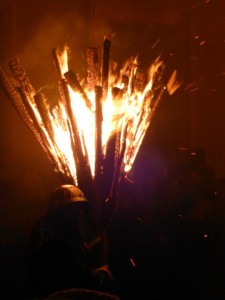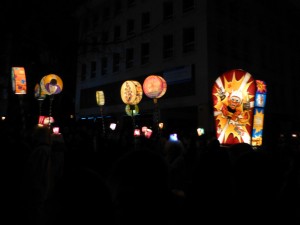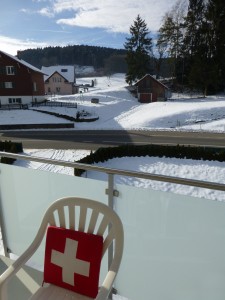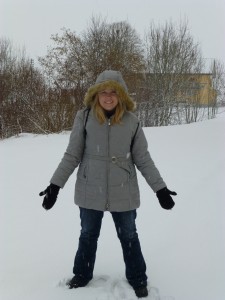 A Swiss bank account may still have the aura of James Bond style appeal, but it’s realistically not what it once was. A recent crackdown by the IRS following high-profile cases of Americans, even presidential candidates, holding Swiss bank accounts has led not only to the end of secrecy for Americans but Swiss banks no longer wanting to deal with the trouble and hassle of doing business with Americans.
A Swiss bank account may still have the aura of James Bond style appeal, but it’s realistically not what it once was. A recent crackdown by the IRS following high-profile cases of Americans, even presidential candidates, holding Swiss bank accounts has led not only to the end of secrecy for Americans but Swiss banks no longer wanting to deal with the trouble and hassle of doing business with Americans.
More than ever before, Americans living in Switzerland and other places abroad are now giving up their American citizenship so that they can again complete simple tasks like paying bills. Additionally, our international accountant has told us that the United States is the only country in the world to continue charging its citizens taxes throughout their lives, regardless of how much time they have been away.
As we began researching Swiss banks, we found that cantonal banks would likely fit our services best. Cantons, like states but much smaller and maybe more resembling counties inside of a state, each have their own cantonal bank. You do most of your business in your local canton but can withdraw money for free from ATMs at any cantonal bank in Switzerland.
We also read stories of newly-arrived Swiss residents wandering into the first bank they found and being told that the establishment they had entered was a “private” Swiss bank with a minimum balance of much higher than the amount they planned to deposit (usually at least $300,000 USD). As we wandered down Zurich’s Bahnhofstrasse, nicknamed “the most expensive street in the world,” we noticed several of these private banks, more likely to be holding Romney’s and Obama’s money than our own.
After completing our research, we walked to our nearest cantonal bank and attempted to sign up for a bank account. The banker, who had never seen an American passport before, gave us some paperwork and advised us to return the next week, giving himself time to prepare the documentation for our account or maybe secretly hoping that we would take our low profitability account elsewhere.
We returned the following week with our initial paperwork and passports. At this time, our banker gave us additional paperwork that the bank had determined was required by the American government for our account. He translated German documents for us and asked us to expand his knowledge on the American/English documents and the meaning of social security numbers. Again, we had documents to take home with us for another return.
On our third visit to the bank, seated beneath large posters of Sao Paulo and Rio de Janeiro reminding us of our most recent home, the banker told us that we should now have everything complete and to wait for the bank to process our account. He asked us several questions about whether we intended to invest in Swiss funds, what our typical balance would remain, and other questions where the bank management could gauge profitability while balancing efforts spent on creating an account for Americans.
After waiting approximately two weeks on a bank decision, we contacted our banker and found that we would be approved but that the bank once again required additional paperwork for the unusual nuances of hosting an American. This time, the banker agreed to come to us and visited our apartment to finalize paperwork and give us our new account number. He accepted a Coca-Cola to drink as we talked, a change of taste from the usual Swiss preference of Rivella and recalled a recent business event where he drew awkward stares from Swiss co-workers after ordering a Scotch at the bar, a lesson for the young banker who was still learning his own business culture as well.
Our Swiss account remains open but simply so that we don’t return to the hassle of a long process should we ever need it again, not for any Bond-esque benefits. The Swiss government had begun more open communications with the American government until Snowden recently revealed that he had worked as a spy in Geneva, leading us to be asked many times whether we were CIA/NSA employees as we traveled in western Switzerland. The scandals have now spread to other countries and taken down some leading characters.
Meanwhile, we’re now in China, where as long as someone who speaks and translates Chinese accompanies you, a bank account can be opened in five to 10 minutes with no minimum balance.
-Chris

